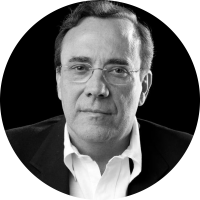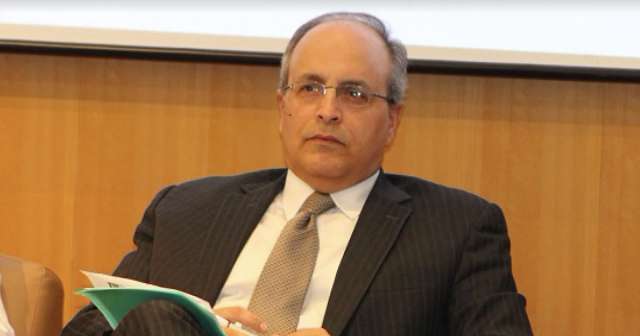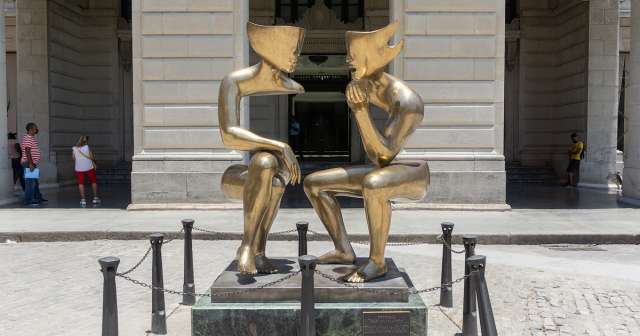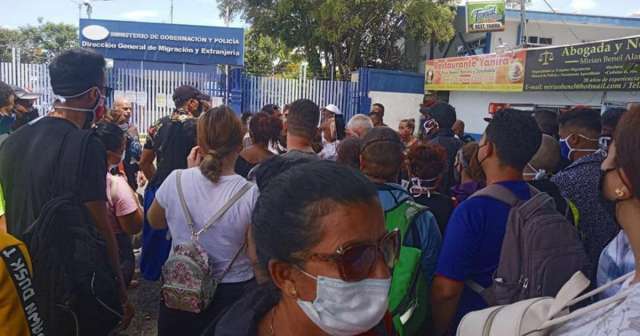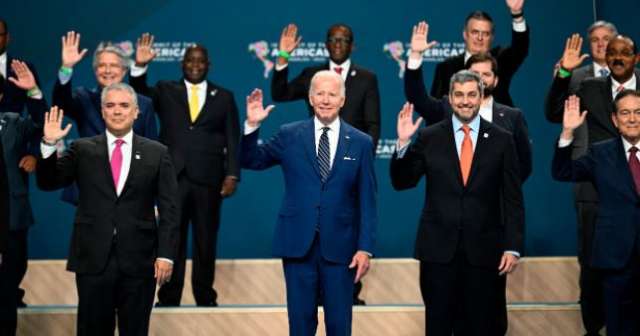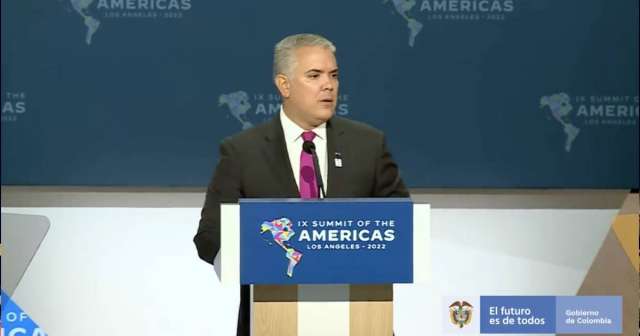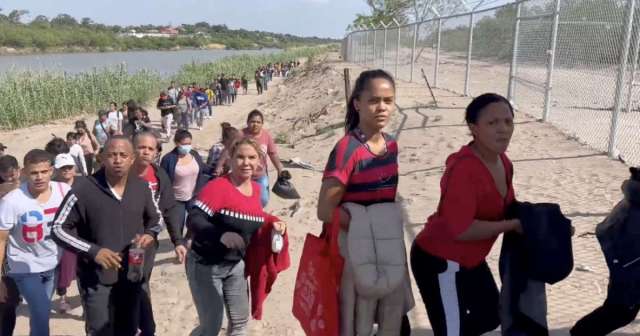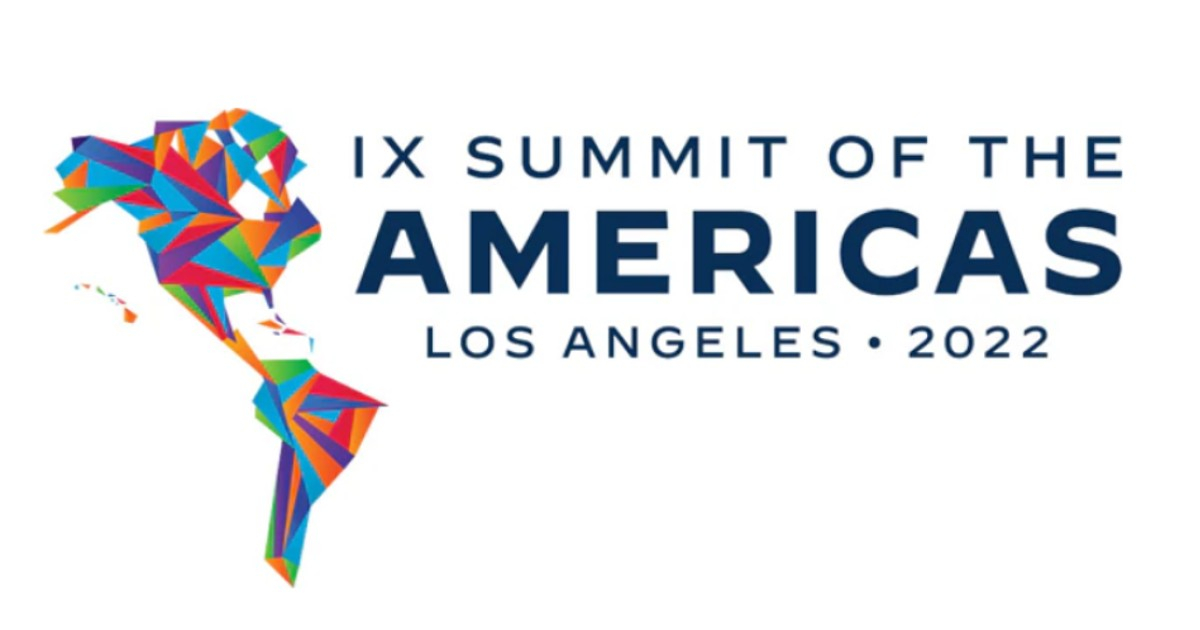
The Ninth Summit of the Americas will be in Los Angeles starting on the 6th, but the 8th is when the leaders will arrive.
AMLO has been unleashed and transformed into the Patron Saint of dictatorships: Cuba, Venezuela and Nicaragua. He has threatened not to go to the Californian meeting if the three dictatorships are not invited. (As "Andrés López" seems vulgar to him, he uses all names and surnames to the despair of his American neighbors: Andrés Manuel López Obrador).
We must remind you that the first letter, Clinton's in 1994, clearly stated that "they are meetings of democratically elected Heads of State." Or, at least, belonging to the OAS, and in none of the three cases have they remained within the organization.
At La Quinta, in Trinidad-Tobago, they harassed the inexperienced President Barack Obama on the issue of the embargo on Cuba. He believed that the end of the embargo was a popular cry. It was April 2009. He had begun his first term on January 20. In 2014, relations between the two countries had resumed. But at the Seventh Summit, in Varela's Panama, in 2015, Raúl Castro had appeared and the details were finalized for Obama's visit to Havana.
The visit took place in March 2016. Very close to the end of his mandate. Obama gave a sensational speech in which he said many things that Cubans were eager to hear. Raúl Castro almost accused him of trying to overthrow him and of having "hidden intentions." From that moment on, Obama, however, became an idol for Cubans on the island, but someone very confused and naive in exile.
That dichotomy is still observed today. Cubans, inside the Island, love Joe Biden, but outside Cuba, in large numbers, they love Donald Trump. Cubans, within the Island, associate democrats with a period of hope and relief from economic misery, and they do not care if the ultimate goal is to overthrow tyranny. Simultaneously, Cubans outside the Island abhor any concessions to the Díaz Canel government, without stopping to believe that they lead to the end of the dictatorship.
The first summit
I remember the First Summit of the Americas. It was in 1994. I was invited by Luis Lauredo, then ambassador to the OAS for the Bill Clinton government. There was the purpose of dealing with regional issues within that institution. Cuba was a “regional issue,” and Ambassador Lauredo, with a reputation for being very competent, had the mission of monitoring the movements of what was already called “21st Century Socialism.”
His role matched very well with something I heard said by a person who knew the ins and outs of the Democratic Party in relation to Cuba. In the eighties, Bill Clinton had lost the governorship of Arkansas for committing his government to the arrival of 125,000 Cubans through the port of Mariel. At the end of the three minutes assigned to Cuba in the transmission of command, the only comment Bill Clinton made was: “I don't want to be surprised again. I hope the CIA knows what is happening on that Island.”
Bacterial warfare
I knew it. “The Cubans” were developing a complicated plan to make the US services believe that they already had bacteriological warfare ready to face a hypothetical invasion. It was the poor man's atomic bomb. Fidel, placed at the center of the universe by his own personality, could not believe that the least attractive thing for Bill Clinton was to land the marines in Cuba.
I thought that this inexperienced “gringuito”, who had gotten fewer votes than Michael Dukakis, and who was in the Oval Office thanks to the unexpected candidacy of Ross Perot, could not resist the old “low-hanging fruit” hypothesis. , a kind of 19th century conspiracy theory, by which Cuba's destiny was to be part of the American nation. Something that Thomas Jefferson, third president of the United States (1801-1809), could believe in, but not Bill Clinton, the first president of the USA, after 1945, who had not participated in the Second World War, and had not even touched the Cold War.
I came from a trip to the chancelleries of Eastern Europe, including Russia. They all saw - some more and others less - an opportunity to liquidate Cuban Stalinism, but they invariably asked me: "To what extent is the United States willing to commit?"
I took advantage of the visit to Miami to confirm what I already sensed: the United States did not want to take advantage of the manifest weakness of the Cuban government in those eventful years to accelerate the end of Castro's nonsense. The thesis of Republicans and Democrats was that the Island did not present a danger to the USA, and it was much more beneficial to see the bulls from the sidelines than to rush to liquidate them. After all, the regime was totally “rotten,” and had no capacity (they believed) to do harm.
“And time passed and an eagle flew over the sea,”(Martí dixit)
We are in the Ninth Summit. There are already two Latin American dictatorships under the orders of Cuba: Venezuela and Nicaragua. Collectivist Marxism has disappeared from the face of the earth. In China, in 1976, after Mao's death, an accelerated return to private property began. But the most important event occurred in the USSR. After its implosion, in 1991, privatization towards “crony capitalism” began. Very soon it drifted towards the elites close to Putin, the so-called “oligarchs”.
During those years, Fidel Castro designed a hybrid compromise between Marxism and tyrannies:State Military Capitalism. The CME did not leave investors' hands or imagination free. Either they conformed to the previous development plans drawn up by the military, or they achieved nothing, thereby amputating the most productive feature of the free economy.
What do you think?
SEE COMMENTS (3)Filed in:
opinion article: The statements and opinions expressed in this article are the exclusive responsibility of its author and do not necessarily represent the point of view of CiberCuba.
